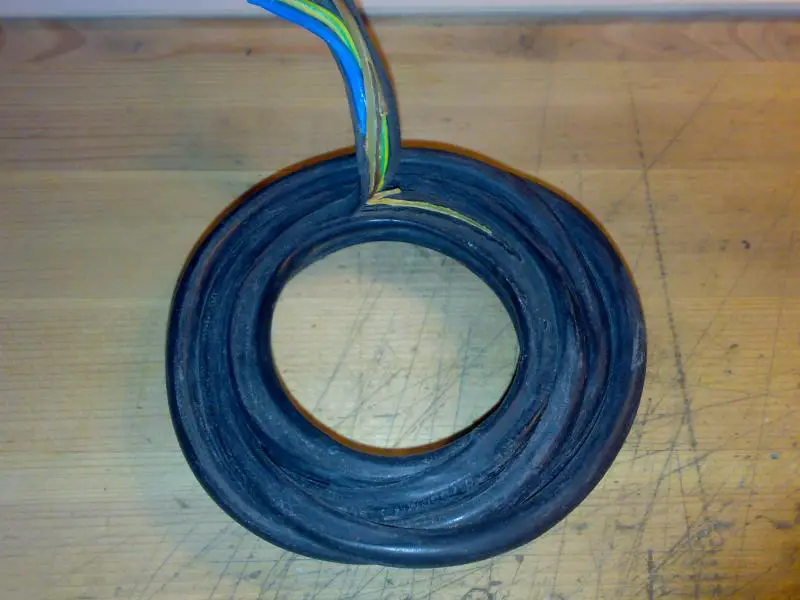I need to move the washing machine from it's current location at one side of the kitchen to the other side on a strictly temporary basis (a week or two) while some work is done. All water and waste pipes will relocate fine, but the power cable is too short to safely reach the washing machine socket.
I'm led to believe using an extension cable is a no-no (I'm presuming because the washing machine wire and plug itself are moulded sealed units?).
There's a double socket on the main downstairs house ring within easy reach of the new location for the washing machine. Assuming nothing else is plugged into this socket (I can put a cover over one half), is it safe to use the washing machine in this socket and is there anything that could happen (bar the downstairs ring tripping/the fuse blowing) that could make this a seriously bad idea?
I'm led to believe using an extension cable is a no-no (I'm presuming because the washing machine wire and plug itself are moulded sealed units?).
There's a double socket on the main downstairs house ring within easy reach of the new location for the washing machine. Assuming nothing else is plugged into this socket (I can put a cover over one half), is it safe to use the washing machine in this socket and is there anything that could happen (bar the downstairs ring tripping/the fuse blowing) that could make this a seriously bad idea?


